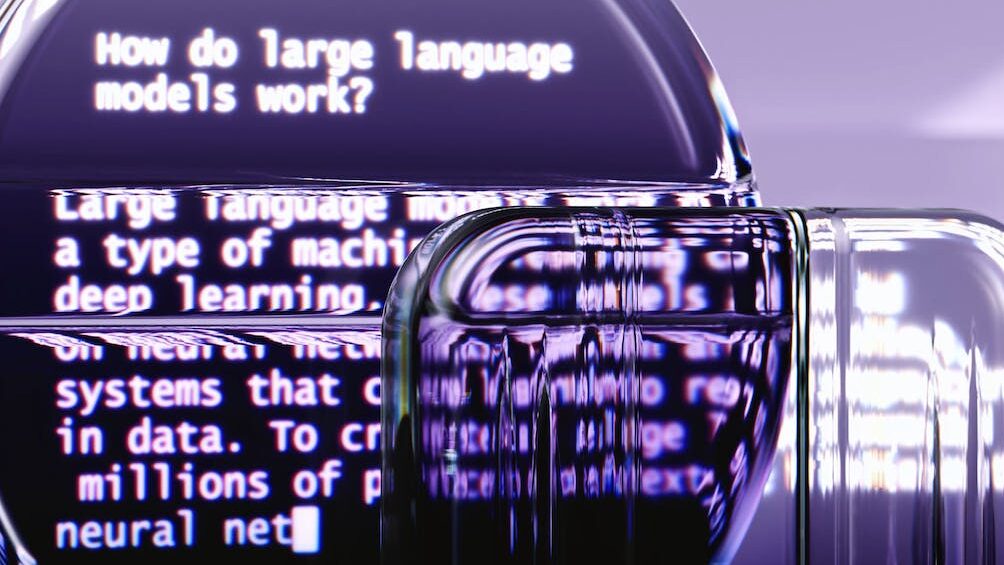The advancements in the field of AI often shed light on how the global world is changing. However, it is the need of the hour to see the dark side of AI due to privacy and security concerns. In this blog, We’ll talk about what are the consequences that arise from the evolution and adoption of AI technology.
The Rise of AI and its potential consequences:
The term “AI” was first used in the 1950s, before that there was simple research in the field of artificial intelligence on how machines can perform functions like the human brain. Then there comes a knowledge-based expert system in the 1970’s. AI came into light after the chess AI system, Deepblue beat a grandmaster in Chess in 1997. After that machine learning algorithms developed and a lot of researchers worked on practical applications of machine learning in the 2000s.
The real boom of AI and reinforcement learning came when Google’s Alpha Go beat a Go game world champion in 2016. Deep learning came into play and researchers started working to mimic how the human brain’s neuron works.
The real threat of AI arose when the concept of transformers and Generative AI came because it has the potential to go beyond humans. There is no doubt that AI has fastened our daily live tasks, with more efficiency and accuracy.
With the evolution in the field of AI, particularly Generative AI, some concerning issues arose like the creation of realistic deepfake content, lack of privacy, and security risks in the form of adversarial attacks.
In this article, we will explore some of the consequences caused by AI and also see how Language Models (LLMs) have changed the AI landscape.
The Consequences of AI
While AI offers benefits in every sector from healthcare to the manufacturing industry, there are some concerns about its potential negative consequences. One of the major concerns of the increase in the adoption of AI technology is the displacement of jobs. Many tasks are now automated due to AI, leading to the loss of jobs in various sectors. This would result in economic inequality and an increase in the unemployment rate, if not managed properly.
Another possible consequence of AI is the potential for bias and discrimination. All AI models are trained on large amounts of data, and if data is biased then it will lead to wrong predictions or results. Also, It can give biased output due to train on large amounts of biased data. For example, If you want to make an automated email spam detector and train your model on 80 percent spam data and 20 percent unspam mail, then during the test phase, it will be more biased towards predicting email as spam.
The collection and use of personal information in the training of large language models raise privacy concerns. So, there is a need to devise an AI policy to ensure that every person’s private information is secured.
The Future of AI and the Influence of LLMs
Looking ahead, the future with rapid adoption of AI technology looks both promising and challenging. As we move forward, it is essential to give priority to ethical or moral considerations, transparency, and privacy concerns. The proper framework and policy should be devised on how AI can use our data to minimize the effect of the dark side of AI.

One significant development in the AI landscape is the emergence of Language Models (LLMs). LLMs, such as ChatGPT, have shown outstanding capabilities in the generation of human-like text and also do multiple other tasks like Coding assistant, generation of scripts and stories, etc. If you want to make your customized chatbot for your tasks, like GPT-3, you can contact us:
The evolution of natural language processing and LLM’s also increases privacy concerns as they can have to ability to talk like humans and generate images or videos. So, it also raises concerns about the spread of false information, deepfake videos, and the potential for malicious use. This also poses a significant challenge to counter misinformation and also highlights why it is necessary for robust fact-checking mechanisms.
Conclusion
In conclusion, as AI is evolving, it has both positive as well as negative consequences for individuals and society. While AI has the potential to transform our world positively in many different ways, it is essential to address the dark side and potential consequences that come with it. Now, policymakers and researchers must make sure that AI gives benefits to everyone in the best possible way while also minimizing negative impacts. Hope you liked our blog, We’ll make some amazing blogs on amazing AI and software development topics. So, keep reading and exploring.

